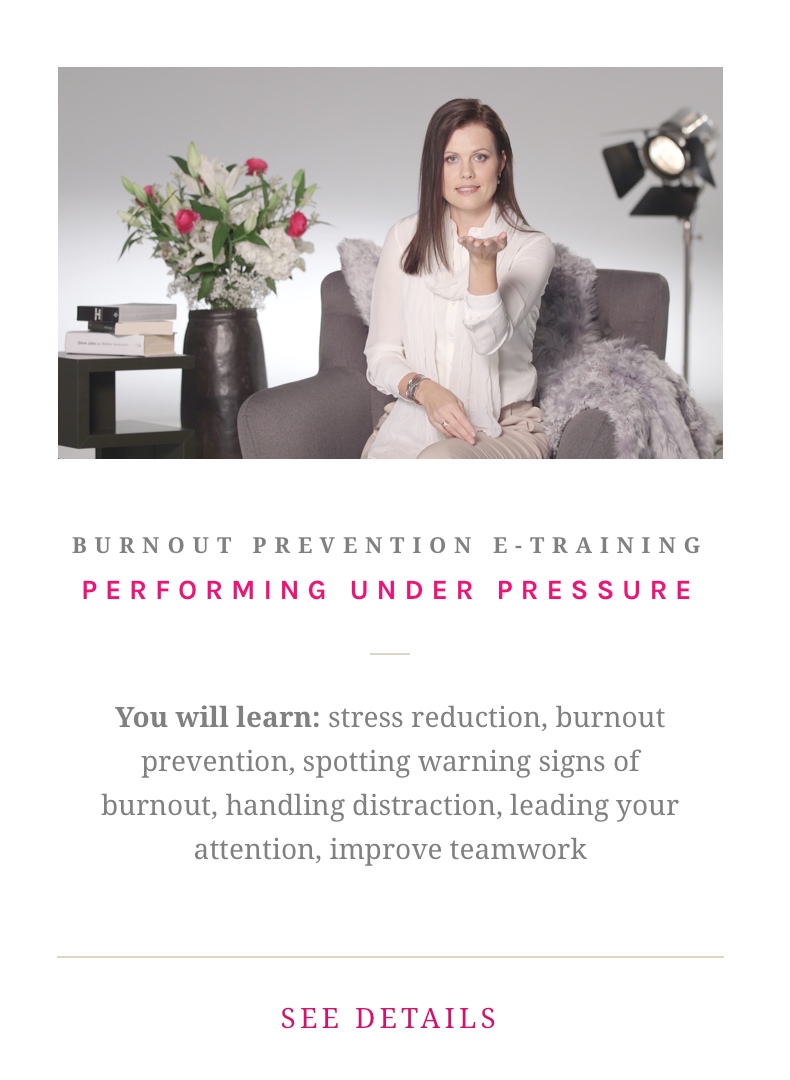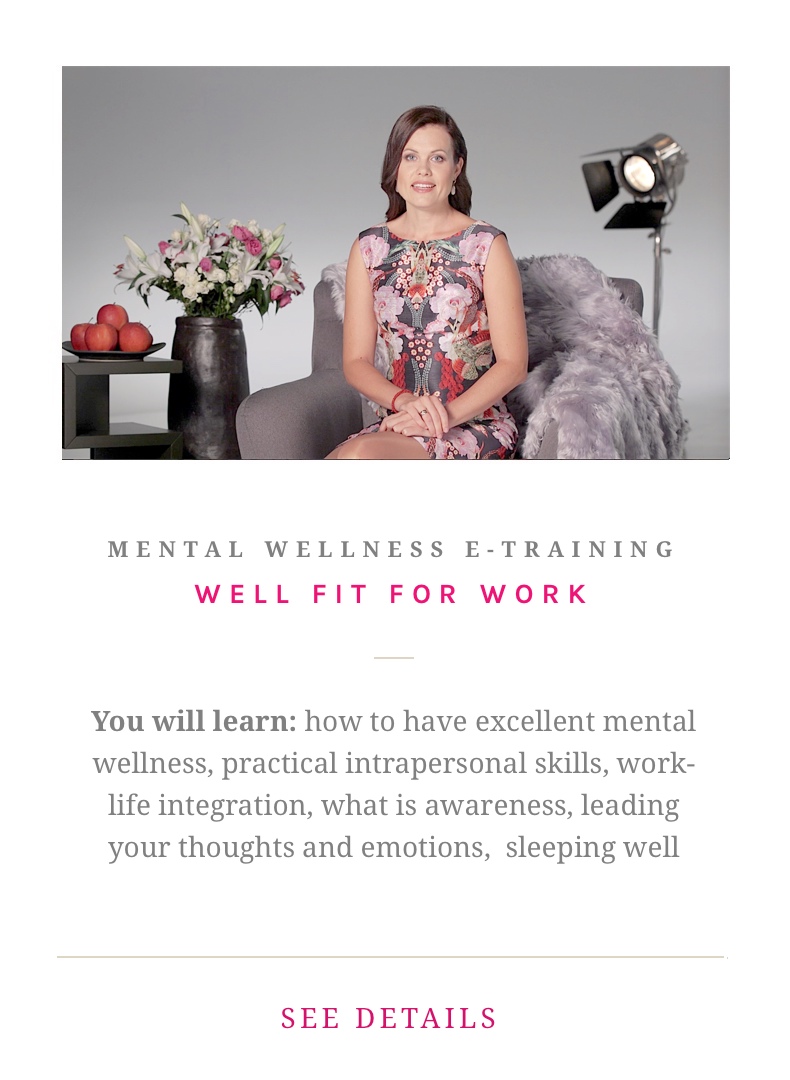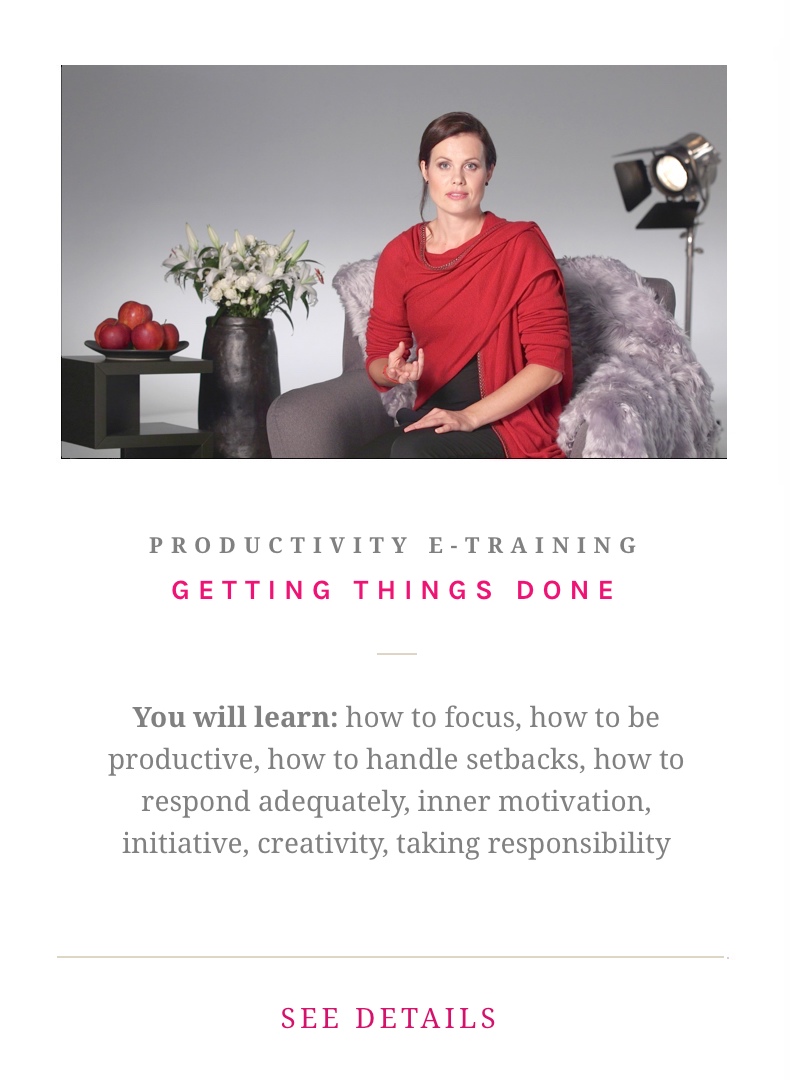Why Prioritizing Mental Wellness is Important at Every Age: Insights and Examples
Maintaining good mental health and preventing mental health problems is crucial throughout the life cycle. A fit mind can perform well and thrive regardless of position and age.
There are several effective ways to prioritize mental wellness and ensure we stay mentally fit as we age and proceed with our entrepreneurial journey or career. We reveal some examples and insights in this mental wellness blog post.
For example, Harland David Sanders, the founder of Kentucky Fried Chicken (KFC), didn't come to be a successful businessman until he was in his 60s.
After many setbacks and failures, including losing his job, his wife and his home, Sanders started franchising his famous chicken recipe at the age of 65. He traveled the country, sleeping in his car, and cooking for potential franchisees. By the time he was 74, his KFC franchises had spread throughout the United States and Canada. In 1964, he sold KFC for 2 million dollars. At the time it was a lot of money!
Sanders' principle "Do all you can and do it the best you can" is a testament to the power of resilience and determination. Despite confronting significant challenges throughout his life, he never gave up on his dream of establishing a successful business. He kept calm and always moved on.
By prioritizing mental wellness and remaining both mentally and physically fit, you can achieve great things and leave a legacy.
Another example of an individual who succeeded in working up to his 95th birthday is Dr. Ellsworth Wareham.
Dr. Wareham was a cardiothoracic surgeon who became a vegan at the age of 50 and lived to be 104 years old. Despite his age, he maintained an active lifestyle and remained calm and mentally sharp until his passing. Here is a fascinating interview with him at the age of 98.
Ellsworth Wareham was an inspiration to many in the medical field, and his longevity and vitality were attributed in part to his healthy lifestyle choices. He was known for his commitment to keeping calm and promoting healthy living based on plant-based diet.
In addition to his success as a surgeon, he was a talented musician and played the violin well into his 90s.
Dr. Wareham's success is a testimony of resilience and mental sharpness in achieving one's goals and enjoying a long and fulfilling life. By prioritizing his health and using a healthy diet and an active lifestyle, he was capable to achieve great things professionally and inspired others to do the same. He lived to be 104 years old.
How to secure mental wellness at any age?
What are some effective ways to prioritize mental wellness and prevent mental health problems, especially as we age?
Firstly, training your mind and obtaining excellent practical intrapersonal skills make things here easier and allow you to keep a calm mind. Intrapersonal skills also improve mental sharpness and allow spotting opportunities where others miss those.
Secondly, regular bodily activity is essential. Walks in wild nature help to reduce stress and burnout risk and thus also reduce the probability of developing depression or anxiety. Exercise also improves cognitive function and increases blood flow to the brain. Studies have shown that engaging in physical activity for as little as 20 minutes a day and taking at least 120 minutes every week to experience contact with wild nature can make a significant difference.
Thirdly, what we eat has a profound impact on our mental and physical health. A healthy diet supports mental wellness. Ecological and local food are always the best choices here as these contain vitamins and are fresh. On the other hand, diets high in processed foods, sugar and unhealthy fats have been linked not only to physical health issues but also to an increased risk of depression and anxiety.
Fourthly, sleep and relaxation are essential for mental well-being. Adequate sleep (7-8 hours per night) helps regulate mood, reduce stress, and improve cognitive function. An excellent support mechanism is also relaxation exercises that you can use if your sleep patterns need short time alterations due to traveling of work deadlines or family matters. The e-training "Well Fit For Work" contains such an exercise. Also adding breathing exercises can help reduce stress and anxiety.
Fifthly, maintaining both healthy periods of solitude and keeping sufficient social connections is crucial for good mental health. Studies have shown that both solitude and a healthy dose of reliable social connections reduce health risks and allow one to keep a fit mind. Having friends or colleagues with whom to have a meaningful conversation is very supportive and here both aware listening and adequate response matter. In relationships, what you give is what you get!
Finally, practice self-care and plan your pit stops during a busy day and take longer holidays. Take time for yourself to engage in activities that bring you joy and relaxation, such as reading, listening to music or taking a relaxing bath or swim. We all need such me-time and family and shouldn't forget this even during busier life periods. How well we integrate our life and work truly matters.
While all those aspects matter more at an older age than at younger age, those are universal principles that always apply.
Examples of mental capacity and human potential in old age
Age has nothing to do with your mental capacity. Here are some examples of people who worked long and thrived.
- Socrates at the age of 70 learned to play many musical instruments and managed to master this art to perfection;
- Mark Cato, a Roman senator, learned Greek at the age of 80;
- Michelangelo created his most important paintings at the age of 80;
- At the age of 80, Goethe finished his Faust;
- Lev Tolstoy, when 82 years old managed on the field with a scythe so that it could not keep up with the young braids. The author of War and Peace in these venerable summers skated, cycled and galloped on a horse! Age didn't restrict him from enjoying life and work;
- Isaac Newton at the age of 85 was engaged in tireless activity;
- Composer and conductor Igor Stravinsky worked until the age of 88;
- Victor Hugo worked until the age of 83;
- The historian Leopold Ranke completed his World History at the age of 91;
- Bernard Shaw worked until the age of 94;
- Dr. Ellsworth Wareham performed surgeries up to retiring on his 95 birthday.
Until our minds are fit and well, age is just a number.
Leadership expert Charles McLachlan emphasizes that we need to remove ageism at work. He writes, "I strongly recommend that anybody who's responsible for recruitment whether as a hiring manager, an HR person or a senior leader, whatever the size of the organisation, takes a long, hard look at how they can make the most of the available pool of potential employees and the most of the people they're already employing, by re-evaluating ageism as a dimension of their diversity and inclusion procedures, policies, and practices." The conclusion he made makes sense.
What people can do as they mature and get older is well illustrated by those great examples listed above.
You live, you learn. Every failure teaches you some lessons that you can benefit from later on. Of course, provided that you keep your mind well and fit and are interested in learning new things instead of complaining and feeling a victim.
Conclusion
By prioritizing learning and then applying practical intrapersonal skills you can secure resilience and mental wellness regardless of your age.
Making time for efficient self-care can go a long way in preventing mental health problems and maintaining good mental health as we age. And when your mind is fit, you can achieve great things!
Hopefully, you discovered some effective ways to prioritize mental wellness and found out that age is just a number and some of the great work we do happens because we have tuned our professional skills to the finest when we become older. It is the experience that makes all the difference.
So why wait? Start training your mind now, so that your intrapersonal skills serve you well throughout your life!
This mental wellness blog post is written by Kaur Lass






